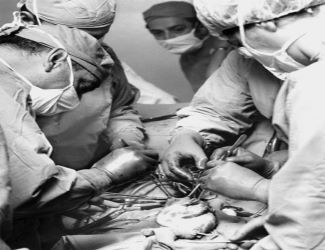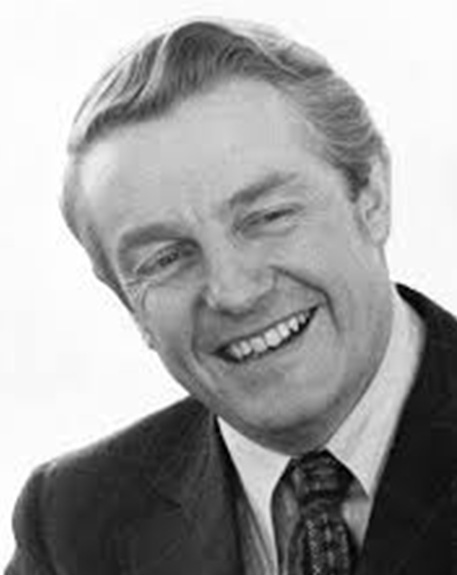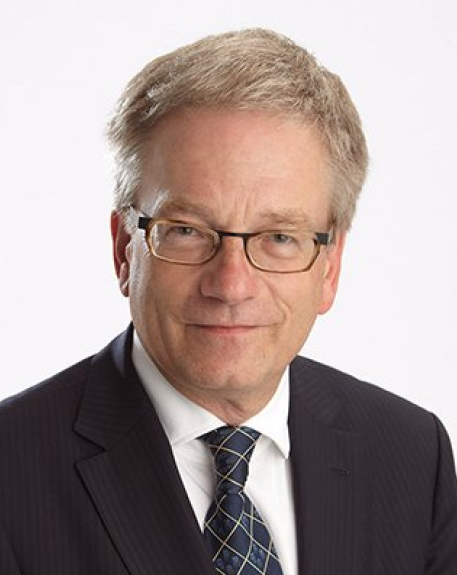2011 INDUCTEE Paul David, MD Heart & Vessels, Leadership in Organizational Development, Health Policy
December 25, 1919
(Montréal, Québec )
April 5, 1999
MD, University of Montreal (1944)
2016: Commander of the Ordre de Montréal
1988: Grand Officier de l’Ordre National du Québec
See All AwardsAwards & Honours:
2016: Commander of the Ordre de Montréal
1988: Grand Officier de l’Ordre National du Québec
1981: Companion of the Order of Canada
1981: Montrealer of the Year
1968: Officer of the Order of Canada
Honorary Degree, University of Ottawa
Honorary Degree, University of Lyon
Archambault Medal, French Canadian Association for the Advancement of Sciences
Annual Merit of the Canadian Heart and Stroke Foundation
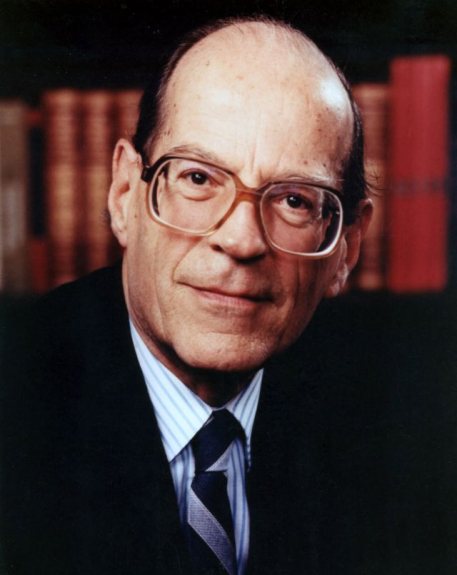
Paved the way for the advancement of cardiology in Québec
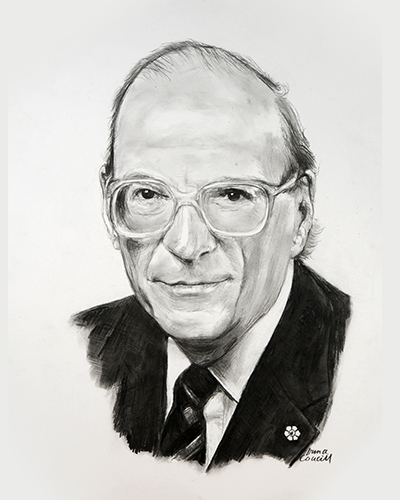
Quebec’s father of cardiology
After studying medicine at the University of Montreal, Dr. David pursued a new science yet in its infancy: cardiology.
In Montreal, Dr. David was approached by the Sisters of Charity with a request to head the cardiology unit of Maisonneuve Hospital. A visionary at a young age, he insisted on being given an entire floor of the hospital complete with its own separate administration, foreseeing an institute dedicated entirely to the development of cardiology. In 1954, Dr. David's dream became a reality with the opening of the Montreal Heart Institute (MHI), Canada's first facility to consolidate all cardiology services under one roof. Considered the heart and soul of the MHI, Dr. David was the Institute’s director from its inception to his retirement in 1985.
Key Facts
Supervised the first surgery to correct mitral stenonis
Expanded the number of beds at the MHI from 45 to 172 beds by 1973
Authored more than 170 scientific publications
Presided over many organizations, including the Canadian Cardiovascular Society and l’Association des Médecins de Langue Française du Canada
Involved in many humanitarian causes, including the Carrefour des chrétiens des services de santé, the Cardinal Léger Institute Against Leprosy and the Claude Brunet Foundation
Appointed by Brian Mulroney to serve in Canada’s Senate
Professional timeline
Impact on lives today
A humanitarian, devoted husband and father of six children, Dr. David has left an impressive legacy due to his exceptional dedication to serving the needs of others. Dr. David and the Montreal Heart Institute not only created a centre of medical excellence, which can claim many medical firsts, he also created a model of holistic heart care than has since become common practice in many countries. As a leader in cardiology, Dr. David facilitated the advancement of his field and inspired others to follow. Between 1954 and 1979, over seven hundred papers were published out of the MHI, a number that continues to grow to this day. Moreover, since the 1980s, more than two thousand heart transplants have taken place in Canada, thanks for the pioneering work of Dr. David and his team.
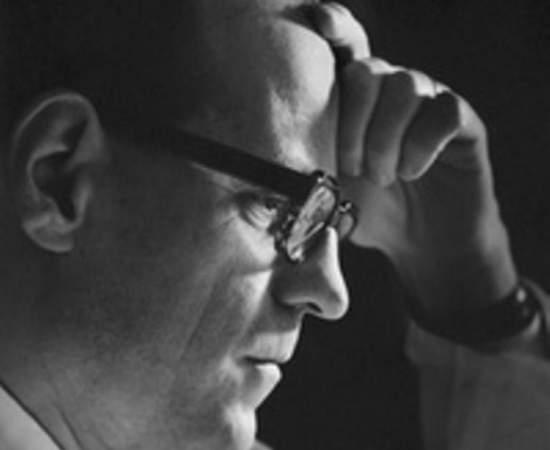
2011
-
Paul David was inducted posthumously into the Canadian Medical Hall of Fame
London, Ontario
-
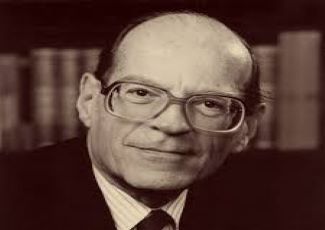
At the age of 65 that he was appointed to the Canadian Senate by Prime Minister Mulroney.
Dr. David’s dedication to Canada never wavered, not even at the time of his retirement.
-
Heart transplants successfully resumed at the MHI in 1983
Heart & Vessels, Public Health, Health Promotion & AdvocacyFollowing Dr. David’s advocacy that heart transplants cease until proper drugs were developed to stop organ rejection.
-
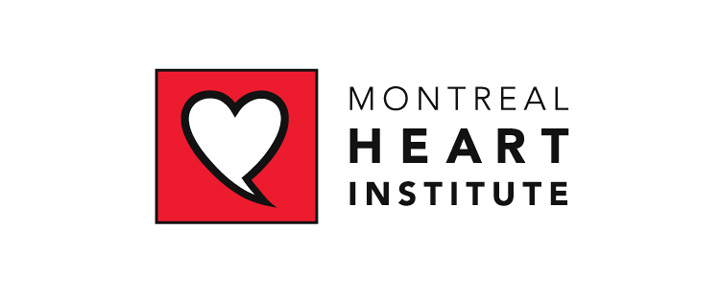
The Montreal Heart Institute Research Centre was founded
Heart & VesselsThe Centre’s initial focus was on clinical research but later expanded in basic science. It was at the Research Centre that scientists discovered a drug for the treatment of autoimmune disease, cyclosporine, could prevent the rejection of transplanted organs.
-
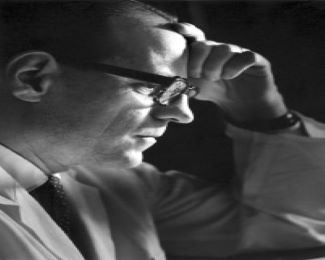
The Montreal Heart Institute (MHI) opened its doors with Dr. David serving as its first director
Leadership in Organizational DevelopmentAt the time MHI was made up of three cardiologists and two surgeons.
-
In 1951, the Grey Nuns asked Dr. David to establish and lead the cardiology department of the Maisonneuve Hospital.
Leadership in Organizational Development, Heart & Vessels -
After graduating medical school, Dr. David travelled to Boston, and later Paris, to study with renowned cardiologists Paul Dudley White and Jean Lenègre.
1944
He was a great visionary.

